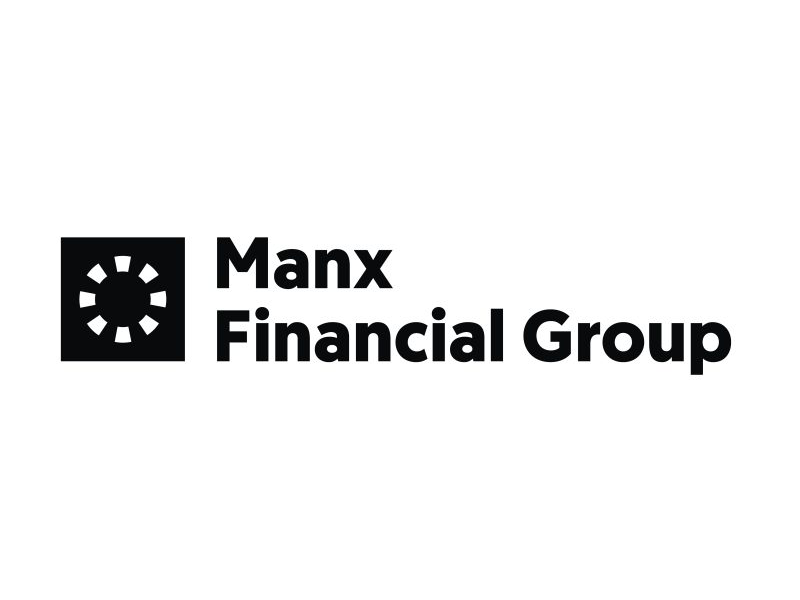The move toward flexible finance has been gathering momentum as businesses seek solutions that mirror the realities of running operations in today’s environment. Rather than relying solely on traditional bank lending, companies are finding value in arrangements that adapt to fluctuating needs, smoothing cash flow one month and unlocking capital for growth the next. This is less about abandoning the banking system altogether and more about augmenting it with products that can be tailored to the rhythm of each enterprise.
For many firms, the appeal lies in choice. Whether it is accessing smaller sums to cover immediate working capital or drawing on more substantial amounts to fuel expansion, the range of funding now available creates room for precision. Instead of locking into fixed commitments that may not suit changing circumstances, companies can secure finance that flexes with their situation. This freedom to scale commitments up or down without undue friction is proving particularly valuable in sectors where demand is seasonal or customer payments unpredictable.
Another notable element is the speed of decision-making. Where conventional channels often involve protracted application processes, newer models have streamlined the path to approval. By reducing the administrative load and accelerating access to funds, businesses gain a practical edge. That efficiency translates directly into resilience, giving companies confidence they can act quickly when opportunities or challenges arise.
Crucially, the mindset around borrowing has shifted. Finance is no longer framed solely as a defensive tool to manage shortfalls. Instead, flexible options are increasingly viewed as a proactive enabler, allowing firms to pursue projects, invest in capacity, and maintain momentum even in uneven trading conditions. This reframing is influencing how leaders plan and position their companies, aligning funding strategies with broader ambitions rather than treating them as a last resort.
Companies that integrate flexibility into their financial structures are often better placed to sustain performance through uncertainty. The capability to adjust funding in line with operational realities signals discipline as much as ambition, a combination that underpins long-term positioning.
Manx Financial Group Plc (AIM:MFX) which has subsidiaries offering a suite of financial services to retail and commercial customers, both in the Isle of Man and the UK. MFG’s strategy is to combine organic growth with strategic acquisition to further augment the range of services it offers and to gain greater market share in its preferred markets.








































